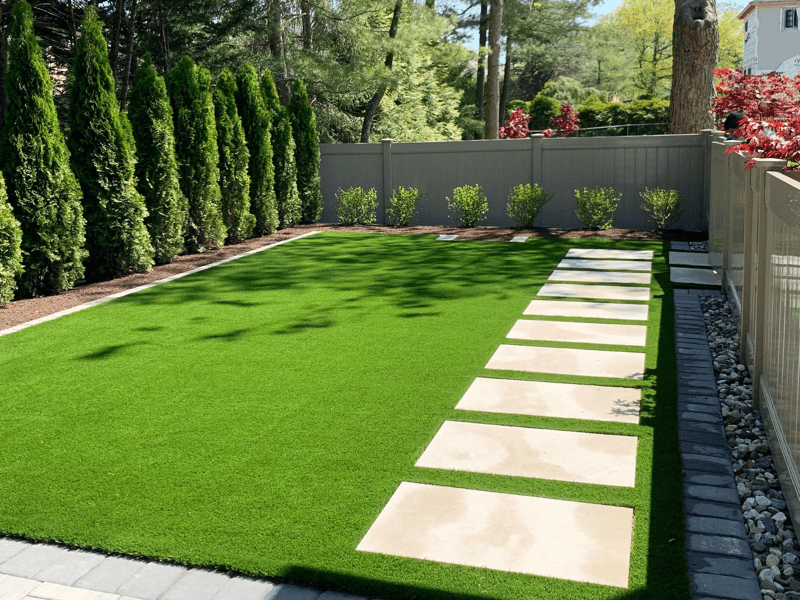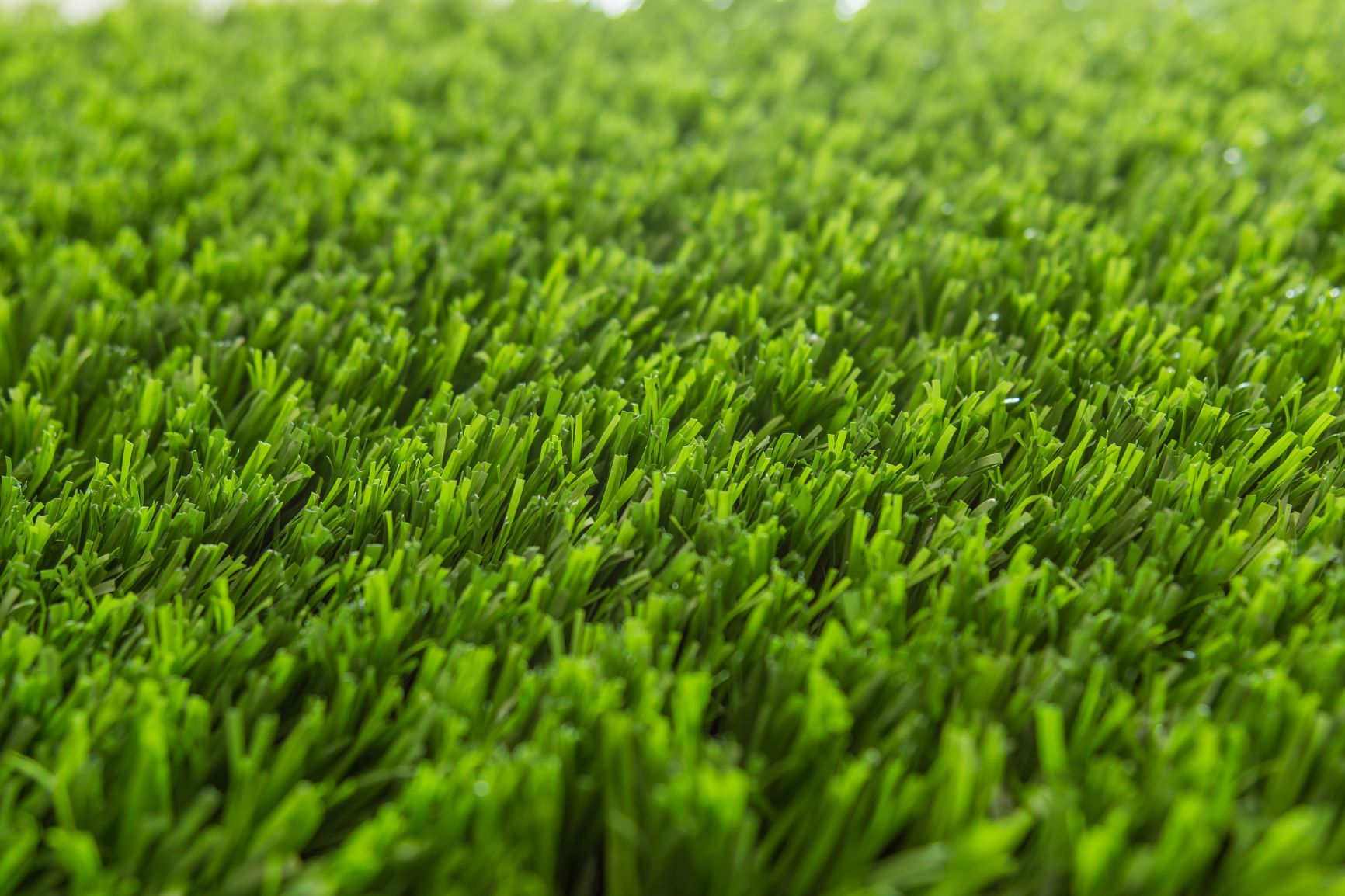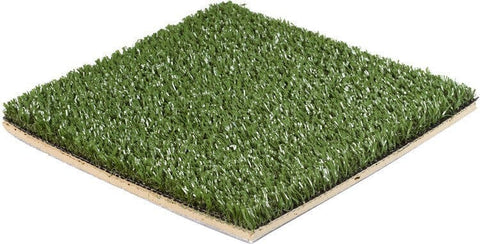Reliable Artificial Turf Companies Phoenix for a Lush and Evergreen Lawn
Reliable Artificial Turf Companies Phoenix for a Lush and Evergreen Lawn
Blog Article
See Why Homeowners Prefer Artificial Lawn for Sustainable Landscape Design Practices
As homeowners increasingly focus on sustainability in landscape design, synthetic lawn has actually emerged as an engaging alternative to conventional yard. Its capacity to save water, reduce maintenance initiatives, and reduce ecological impact positions it as a functional option for those looking for environment-friendly remedies. The visual appeal and flexibility of man-made turf cater to varied style choices. Nevertheless, the effects of this shift prolong beyond plain ease and appearances, motivating a more detailed exam of just how these selections affect wider environmental outcomes. What remains to be discovered is the full scope of benefits that synthetic grass can provide to house owners and the setting alike.
Water Conservation Advantages
One of the most substantial advantages of artificial grass is its duty in water conservation. Traditional yard lawns call for considerable amounts of water to preserve their lavish look, frequently leading to overuse of local water resources, especially in dry regions. In contrast, synthetic grass removes this need totally, as it does not call for irrigation. This not just preserves water yet additionally decreases the strain on municipal water supply, particularly during dry spell conditions.
Furthermore, the installation of synthetic grass can add to a much more lasting landscape. House owners can dramatically decrease their water expenses, permitting reallocation of sources to various other ecological initiatives or household usages. Furthermore, synthetic grass is designed to endure numerous climatic conditions without the requirement for additional watering, making it an optimal selection for regions encountering water scarcity.
The environmental advantages expand past immediate water savings. By minimizing water usage, synthetic grass assists to mitigate the effects of climate modification, preserving essential environments that are endangered by excessive water removal. As sustainable landscaping methods acquire grip, synthetic grass becomes an accountable selection for home owners looking for to develop eco-friendly exterior spaces.
Decreased Upkeep Initiatives
Synthetic grass considerably minimizes maintenance efforts compared to traditional lawn lawns. With fabricated yard, property owners can remove the time-consuming tasks associated with all-natural landscape design, such as mowing, feeding, and weeding. This not just conserves useful time however likewise reduces physical labor, making grass treatment accessible for individuals of any ages.
One of the most significant benefits is the absence of normal mowing. Conventional yards require frequent trimming to preserve an aesthetically pleasing elevation, whereas synthetic grass continues to be regularly lavish without the requirement for cutting. Additionally, home owners no more need to apply pesticides or plant foods, which are commonly required to maintain all-natural grass healthy and balanced. This shift not just lightens the workload but also promotes a neater, extra uniform look year-round.
In addition, synthetic grass is durable and resilient, requiring marginal upkeep past occasional cleaning and washing to remove particles. This ease of maintenance enables home owners to appreciate their outdoor rooms without the constant worry of maintenance, giving more time for recreation and family tasks. Eventually, the minimized upkeep efforts connected with artificial turf make it an attractive alternative for those seeking a low-maintenance, visually appealing landscape.

Environmental Effect Decrease
There is a growing acknowledgment of the ecological benefits connected with fabricated lawn, specifically in regards to water conservation and reduced chemical usage. Typical yards require substantial Recommended Site quantities of water, particularly in drought-prone regions, causing raised stress on neighborhood water resources. On the other hand, synthetic grass gets rid of the requirement for irrigation, significantly decreasing water consumption and advertising sustainability.
Additionally, traditional yard upkeep frequently entails the application of fertilizers, chemicals, and herbicides, which can add to dirt and water contamination. Artificial lawn minimizes this environmental risk by requiring minimal maintenance and practically getting rid of the need for unsafe chemicals. This not just boosts dirt health however additionally shields neighborhood ecological communities from toxic runoff.
Moreover, the manufacturing of natural yard yards normally entails the use of nonrenewable fuel sources for cutting and landscaping devices, further adding to greenhouse gas exhausts. By selecting synthetic grass, house owners can significantly reduce their carbon footprint connected with yard treatment activities.
Visual Allure and Adaptability
In addition to its ecological benefits, synthetic grass offers substantial visual appeal and flexibility for landscaping. Homeowners can accomplish a rich, environment-friendly look year-round, removing the seasonal changes commonly connected with all-natural lawn. This constant aesthetic not only improves the visual charm of a building yet additionally adds to a polished and well-kept appearance.
In addition, synthetic grass is readily available in a selection of designs, textures, and colors, permitting personalization to suit individual preferences and style themes - Arizona turf. Whether utilized in property gardens, industrial rooms, or recreational areas, More Help it can flawlessly incorporate into varied landscaping styles, from modern-day minimalist to lush exotic setups
The convenience of artificial turf expands beyond plain look; it can be set up in different areas, consisting of roofs, outdoor patios, and even indoor spaces, developing chances for unique landscape design solutions. In addition, it appropriates for a series of activities, from kids's play locations to pet-friendly settings, offering performance without compromising style.
Inevitably, the aesthetic appeal and versatility of synthetic grass make it an appealing choice for homeowners seeking sustainable landscape design solutions that do not compromise elegance for environmental duty.

Long-Term Expense Financial Savings
One of one of the most engaging benefits of artificial lawn is its potential for long-term expense savings. Unlike natural grass, which needs normal maintenance-- consisting of mowing, watering, fertilizing, and insect control-- synthetic grass dramatically lowers these ongoing expenses. Property owners can conserve a considerable amount on water bills, especially in areas where water deficiency is a pushing concern. The elimination of lawn treatment solutions additionally adds to economic cost savings, as there is no requirement for customized tools or labor.
Additionally, synthetic grass has a life-span of 15 to 25 years, depending upon its high quality and use. This sturdiness lessens substitute expenses, making it a more cost-effective choice over time. The preliminary investment in synthetic lawn can often be recouped through the financial savings accumulated over time.
While the upfront cost may appear greater contrasted to turf installment, the advancing cost savings from decreased maintenance and water use commonly exceed these initial expenditures. Inevitably, the adoption of synthetic grass not just promotes a sustainable landscape design service but additionally uses property owners a financially smart option that straightens with long-lasting budgeting goals.
Verdict
Man-made lawn arises as a compelling option for sustainable landscape design, supplying significant advantages in water conservation, minimized upkeep initiatives, and lessened ecological impact. As communities increasingly prioritize environmentally friendly methods, the adoption of synthetic grass represents a modern step toward accomplishing sustainable and durable landscapes.
Additionally, artificial turf is designed to endure various climatic problems without the demand for supplementary watering, making it an ideal selection for areas dealing with water shortage. (Phoenix turf companies)

Synthetic turf arises as a compelling option for lasting landscaping, offering substantial advantages in water preservation, minimized maintenance initiatives, and decreased ecological effect.
Report this page